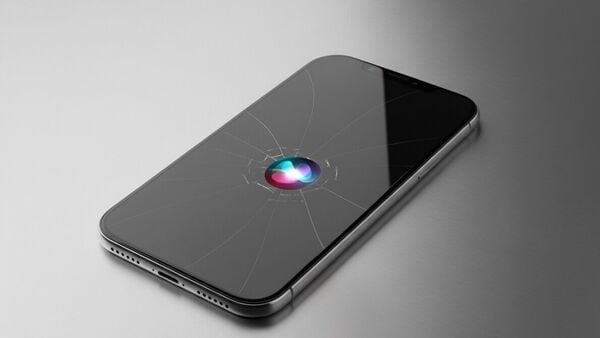Key Takeaways
- Apple engineers express concerns about new Siri’s performance ahead of iOS 26.4 launch
- Multiple senior AI executives have departed Apple for Meta and other companies
- Apple considering both in-house models and Google Gemini for Siri’s future
- Voice assistant faces growing competition from AI startups while relying on ChatGPT
Apple faces internal concerns about its upcoming Siri revamp as engineers testing iOS 26.4 raise performance red flags. The next-generation voice assistant, delayed by over a year, now faces skepticism from within Apple’s own ranks just months before its expected launch.
Delayed Rollout and Internal Concerns
Apple’s Senior Vice President Craig Federighi previously admitted the Siri overhaul failed quality checks, pushing its release to 2026. The modernized Siri was originally scheduled for iOS 18.4 last year but missed its deadline.
Bloomberg’s Mark Gurman reports testing teams have identified performance issues with the voice assistant in iOS 26.4 builds. “Already, there are concerns from people testing iOS 26.4 about the voice assistant’s performance,” Gurman noted in his Power On newsletter.
Executive Departures and Talent Drain
Apple’s foundation models team has seen significant departures, with many executives recruited by Meta’s new Superintelligence Labs. Key losses include:
- AI Search Head Ke Yang
- Foundations Models team lead Ruoming Pang
- AI and Search Executive Robby Walker
Gurman warns more senior AI staff could exit if the spring Siri launch underperforms.
Strategic Uncertainty
Apple is reportedly divided between two approaches for Siri’s future: using its own on-device models or partnering with Google’s Gemini through Private Cloud Compute. The company hasn’t clarified which approach is causing the performance concerns.
Despite demonstrating advanced capabilities like on-screen awareness and cross-app actions at WWDC 2024, Siri currently relies on ChatGPT for complex queries. The voice assistant faces increasing competition from while struggling to meet Apple’s quality standards.





